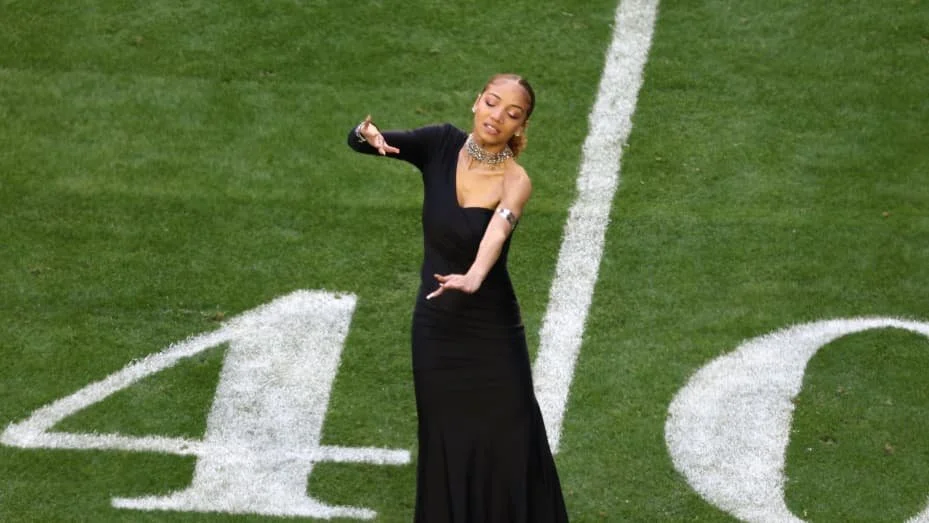Sara Novic is a Deaf writer and assistant professor of creative writing at Stockton University. Her first novel, "Girl at War," was released by Random House in 2015. The views expressed in this commentary are her own. The Deaf community uses a capital "D" to differentiate between people who identify with Deaf culture and identity, and the physical lack of hearing. The views expressed in this commentary are solely hers. View more opinion articles on CNN.
On September 14 the Texas State Board of Education made a series of key votes that could transform the way students learn to understand the world around them -- and themselves. Texas wants to remove some content from the social studies curriculum, said board chairperson Donna Bahorich, so that teachers can delve more deeply into certain topics.
Sara Novic
Billed as an effort to "streamline" the curriculum, the move spared Baptist pastor Billy Graham, the impeachment trial of former President Clinton and Moses from the chopping block -- while Hilary Clinton, Barry Goldwater, Thomas Hobbes and Helen Keller were eliminated.
Perhaps the most overtly dogmatic cut was the deletion of the phrase, "such as holding public officials to their word" from a fourth-grade unit on how to participate in civic affairs. But the erasure of Helen Keller, an iconic advocate for the deaf and blind whose social activism also included women's suffrage, birth control and pacifism -- who is currently taught as part of a third-grade unit on citizenship -- is an underhanded play with a troubling message: that homogeny is normal and exposure to outside perspectives should be limited.
To remove Keller from the curriculum also means to eliminate the single touchstone for deafness and disability for most mainstream students. Earlier this week, I asked a room of 35 of my own college students if they'd ever met a deaf person who wasn't me. Four or five raised their hands—they worked retail and had seen deaf customers. Many of these students are considering fields like social work, education, criminal justice, occupational and speech therapy and law, where knowledge of deafness and disability will be integral to their work, and still their exposure is extremely limited long past the third grade. This is the norm in a society that constantly tells us to avert our eyes from disabled people, to separate out "normal" and "other."
Read more of original article here.
Read More










